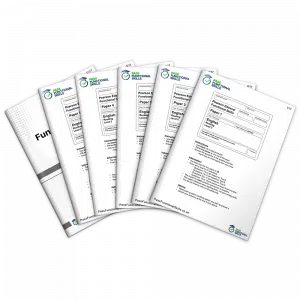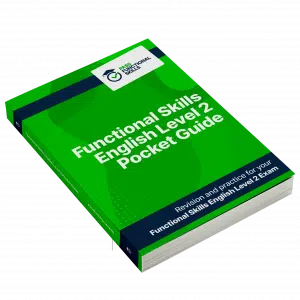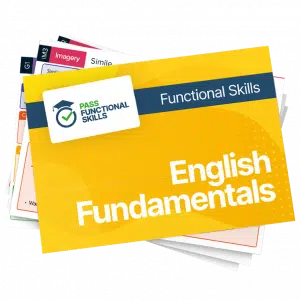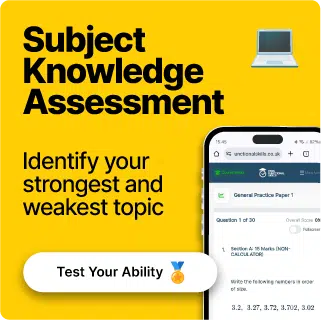SLC: Contributing
Contributing
You will need to make relevant contributions which progress and redirect discussion.
Using the appropriate language and register to do this will also be included!
Make sure you are happy with the following topics before continuing:
- SLC: Language in Context
- SLC: Line of Argument and Narratives
- SLC: Asking
- SLC: Responding
- SLC: Your Turn!
- SLC: Communicating
- SLC: Extracting Information


Contributing in SLC
Make sure that you listen carefully to the main points. It is also helpful to listen to other questions that have been asked so you don’t ask the same!
You should also ask for people’s opinions. This can be useful to direct the conversation and bounce ideas off each other.
If applicable, politely point out any potential issues with what has been said.
Relevant Contributions
Any contributions that you make should be relevant – this means that they have to specifically apply to the conversation at hand.
For example, in a discussion about favourite restaurants in London, it would be unwise and irrelevant to contribute by saying:
‘my favourite cuisine is Mexican’


The above contribution on its own is not explicitly relevant to the discussion. However, a comment such as:
- There is a fantastic restaurant in London called Taco Shell, who serve my favourite cuisine.
This comment is not only relevant to the discussion, but also enables the conversation to progress further.
Follow Our Socials
Our Facebook page can put you in touch with other students of your course for revision and community support. Alternatively, you can find us on Instagram or TikTok where we're always sharing revision tips for all our courses.
Note:
You can turn an irrelevant contribution into a relevant one if topic-specific information is added to your answer.
Phrases to Use
Asking for clarification shows that you are putting effort into gaining a deeper understanding of the topic:
- ‘Can/Could I just ask…’
Asking for others’ opinions shows good communication skills and engagement with others:
- ‘Why do you think…’
Asking for an opinion on a specific aspect of the topic, rather than the general idea, shows that you are thinking analytically:
- ‘In your opinion…’
Noticing similarities between different issues demonstrates high-level thinking and general knowledge:
- ‘A similar issue I am aware of…’
Linking up ideas and topics shows that you have a deep level of understanding and the ability to apply your knowledge:
- ‘This also links to…’
Specification Points Covered
EL3.6 – Make relevant contributions to group discussions about straightforward topics
L1.4 – Communicate information, ideas and opinions clearly and accurately on a range of topics
L1.5 – Express opinions and arguments and support them with evidence
L1.6 – Follow and understand discussions and make contributions relevant to the situation and the subject
L1.7 – Use appropriate phrases, registers and adapt contributions to take account of audience, purpose and medium
L1.8 – Respect the turn-taking rights of others during discussions, using appropriate language for interjection
L2.3 – Respond effectively to detailed or extended questions and feedback
L2.7 – Use language that is effective, accurate and appropriate to context and situation
L2.8 – Make relevant and constructive contributions to move discussion forward
L2.9 – Adapt contributions to discussions to suit audience, purpose and medium
L2.10 – Interject and redirect discussion using appropriate language and register
Revision Products

Functional Skills English Level 2 Practice Papers
This comprehensive set of 10 Functional Skills English Level 2 Practice Papers (5 reading papers + 5 writing) is a great way to revise for your upcoming reading and writing exams. These papers have been specifically tailored to match the structure, format and question types used by each of the main exam boards for functional skills English.

Functional Skills English Level 2 Book
Revise and practice for your functional skills English level 2 exam. All topics covered in this compact functional skills English level 2 book.

Functional Skills English Level 2 Revision Cards
Revise for functional skills English level 2, with these English level 2 fundamentals revision cards. Covering the building blocks of the essential areas of the level 2 exam.







